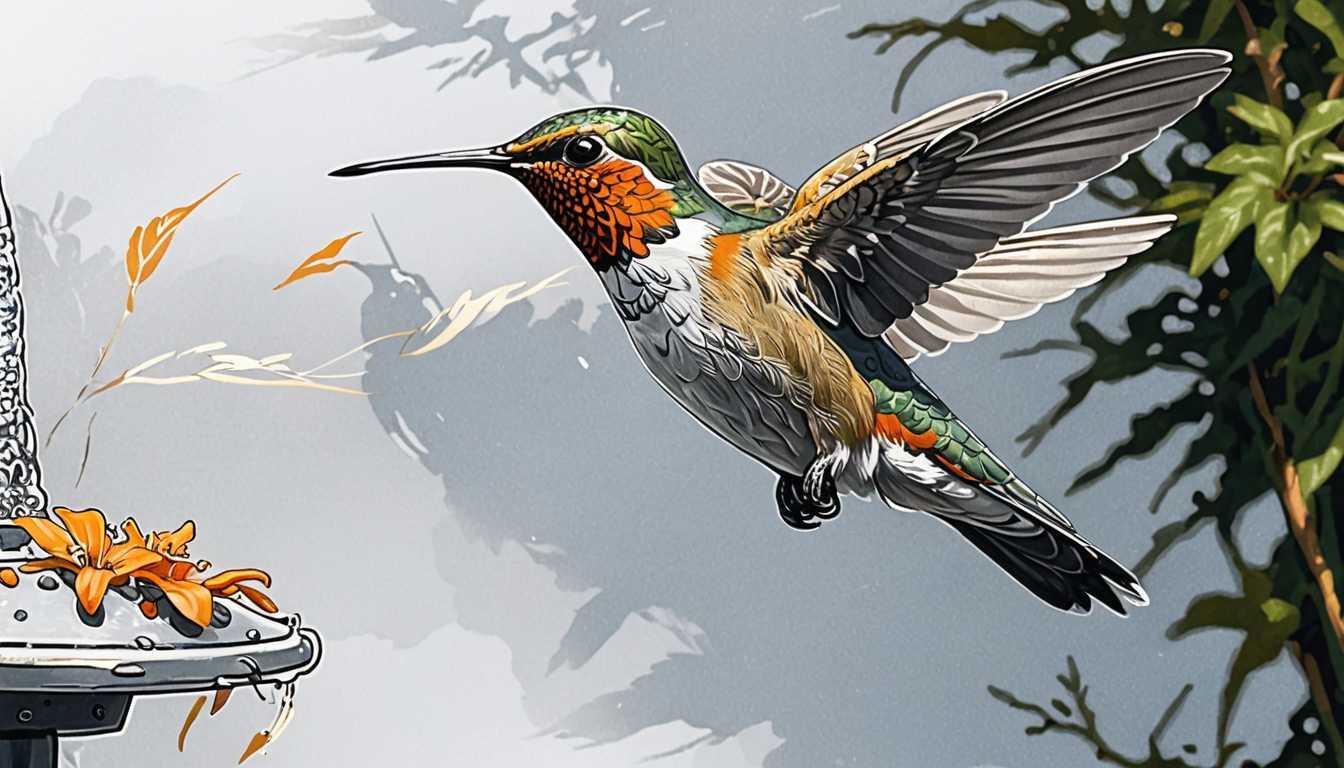Spinning: Not Just Human Fun
April 2023
Smithsonian Magazine
Introduction
Ever wondered why spinning around until you're dizzy is so much fun? Smithsonian Magazine uncovers the whirlwind world of great apes who love a good spin, just like us! From gorillas to orangutans, these primates are twirling their way through life, possibly to alter their mental states. It's not just child's play; it's science in a spin!
READ FULL ARTICLEWhy It Matters
Discover how this topic shapes your world and future
The Whirling World of Great Apes
Have you ever wondered why spinning around until you're dizzy is so much fun? It turns out, humans aren't the only ones who enjoy this dizzy delight. Recent research has unveiled that great apes—our close relatives like gorillas, orangutans, chimpanzees, and bonobos—also share this penchant for pirouetting. This discovery isn't just a quirky fact; it opens up a fascinating window into understanding how and why experiencing altered states of consciousness might be a shared trait among many species, including us. It challenges us to think about the broader implications of play, pleasure, and even the pursuit of altered mental states across the animal kingdom. For you, this could mean exploring the connections between physical activities and mental states, or simply appreciating the shared joy of spinning with some of the planet's most majestic creatures.
Speak like a Scholar
Altered States of Consciousness
Changes in one's mental state, often leading to perceptions or experiences that differ from the normal waking state.
Rotational Velocity
The speed at which an object spins around a center or axis, measured in revolutions per second.
Arboreal Species
Animals that spend most of their lives in trees.
Primatologist
A scientist who studies primates, including humans, great apes, monkeys, and prosimians.
Cognitive Scientist
A researcher who studies the mind and its processes, including thought, learning, and mental organization.
Motion Sickness
A condition where the brain receives conflicting signals about the body's movement, leading to dizziness, nausea, and other symptoms.
Independent Research Ideas
The Psychology of Play
Investigate why play behavior, such as spinning, is important for cognitive and social development in humans and other animals. What benefits does play offer, and how does it influence growth and learning?
Cross-Species Comparison of Dizziness
Explore how different animals react to dizziness. Do all animals get dizzy, and if so, how do their reactions compare to humans and great apes?
Motion Sickness Adaptations in Arboreal vs. Ground-Dwelling Species
Examine whether tree-dwelling (arboreal) animals like orangutans have developed better adaptations to motion sickness compared to those that live on the ground, such as gorillas.
The Evolution of Altered States of Consciousness
Research how the desire and ability to experience altered states of consciousness may have evolved. What role does this play in survival, social interaction, or even cultural practices?
The Role of Physical Sensation in Emotional Well-being
Study how physical activities that induce sensations like dizziness affect emotional well-being. Does engaging in such activities have therapeutic benefits, and if so, how?
Related Articles

Nature's Sneakiest Tricksters Unveiled
May 2023
The Conversation

Saurona: Where Butterflies Meet Sauron
May 2023
Smithsonian Magazine

Electricity: Nature's Hitchhiking Secret
January 2025
U of Bristol Research news

Jackdaws: Family Ties Over Food
September 2023
University of Bristol

Froggy Dance of Deception
March 2024
Smithsonian Magazine